An excerpt from ‘The Phoenix Cups Framework: An Educator’s Toolkit for Behaviour
Dear Educators,
Can we talk about ‘behaviour management plans’? Or preferably, can we stop talking about them? Actually, can we also stop doing them?
Instead, from this point forward, let’s ditch ‘behaviour management plans’ and even ‘positive behaviour support plans’ based on behaviourist principals backed by lab experiments with animals. If these were going to work, they would have by now. In the space of my career, I've written hundreds of these. 20+ years ago, I was writing PBS plans in the exact same way I see many written today. We can't do better until we know better, and when we know better, we do better. We now know better, so it's time to change tact. If these don't work, what does work? If we are going to write up a plan, I suggest developing 'behavioural and social learning plans', a plan to support the child's learning, not manage it. At Phoenix Support for Educators, we do this in the form of 'Cup Filling Plans' using the Phoenix Cups® framework.
"Traditional discipline punishes children for having problems they cannot solve, while guidance teaches children to solve their problems in socially acceptable ways
Understanding why people behave the way they do can be simply explained using an analogy about Cups. We are all motivated to choose behaviours to meet our needs. In fact, it has been argued that every single behaviour we do is to meet one of our basic human life needs. Now imagine those needs as five different sized Cups....
The Phoenix Cups - an overview
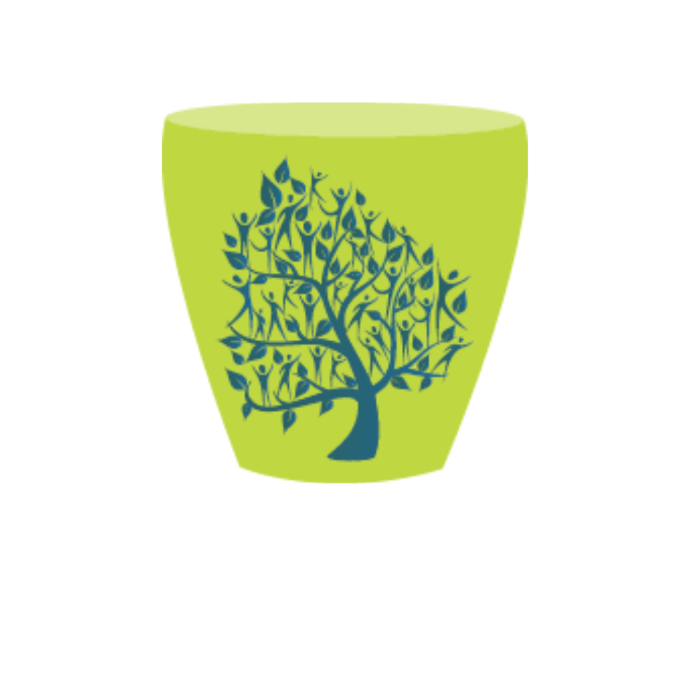
The Safety Cup®
Physiological Safety, Survival, Emotional Safety, Health, Wellness, Predictability, and Trust.
The outcome of a full Safety Cup is Security.
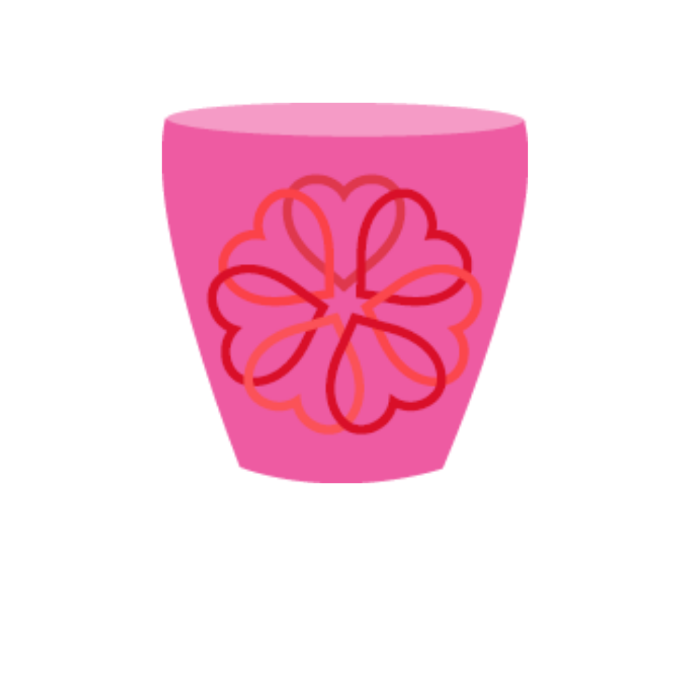
The Connection Cup®
Belonging, Love, Acceptance, and Inclusion.
The outcome of a full Connection Cup is Self-worth.
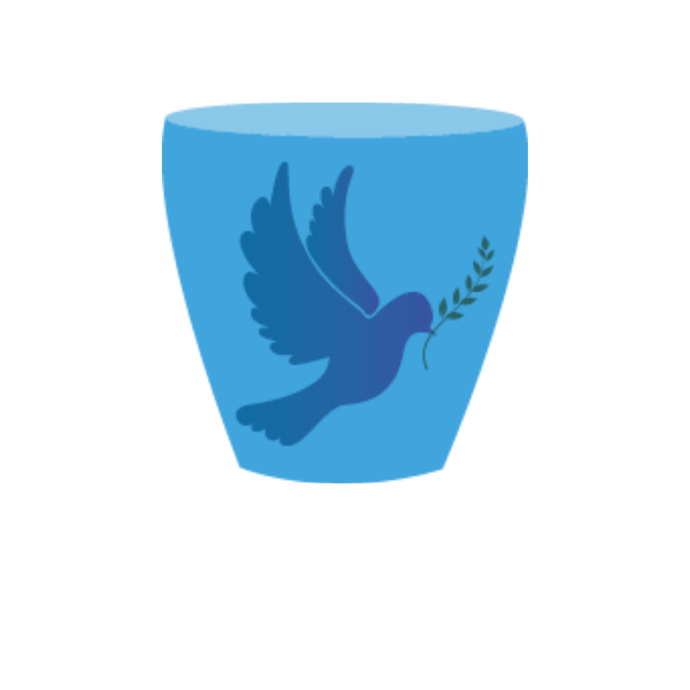
The Freedom Cup®
Freedom To, Freedom From, Agency, Creativity, Liberty, and Choice.
The outcome of a full Freedom Cup is Autonomy.
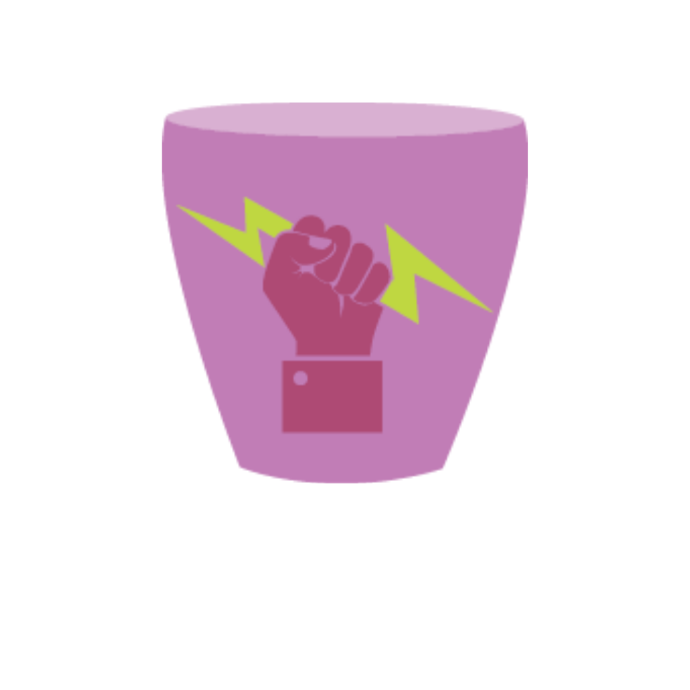
The Mastery Cup®
Achievement, Competence, Efficacy, Control, and Empowerment.
The outcome of a full Mastery Cup is Self-Competence.
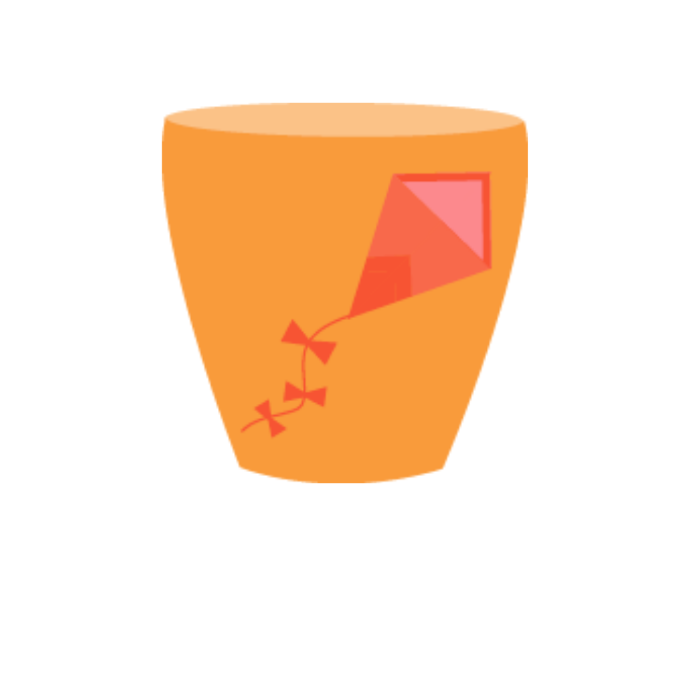
The Fun Cup®
Play, Humour, Pleasure, Learning, and Stimulation.
The outcome of a full Fun cup is Joy.
Using this analogy, you could say that every behaviour we choose is to fill a Cup. When our Cups are full (or filling), we have a strong sense of wellbeing and fulfilment. When they are emptying, we are driven to choose behaviours to fill them.
The way we choose to fill our Cups is our own personal way of getting our Cups filled. These behavioural choices depend on our experience, brain maturation, skills, personality, knowledge about social expectations, desire to be considerate or cooperative, and even success using that strategy before. It is important to note that our behaviour includes not only our actions but our thoughts.
According to Dr Louise Porter, children do not require punishment or controlling discipline. They do require support to develop skills to choose behaviours, that are more considerate and cooperative, to meet their needs. Furthermore, children are more likely to be engaged and choose productive, thoughtful behaviours when what we are asking them to do and how we are asking them to do it meets their needs (Porter, 2008). Or in Cup language – does not empty their Cups.
So, if all behaviour is chosen to fill a Cup, and children are using the best behaviour they know to get their needs met, when we are faced with a behaviour that challenges us, we can safely assume that there is a need that is not met (i.e. a Cup is not full). 'Behaviour management' attempts to manage the symptom of that empty Cup rather than address the cause. Knowing that we cannot ‘behaviour manage’ an empty Cup, instead our time would be better spent creating a Cup filling plan. To start with, carefully observe children’s behaviour, interpret the empty Cup, and make plans to ensure that the environment and opportunities within it allow children to choose behaviours that fill their Cups, then pretty soon you’ll no longer need a Behaviour Management plan.
Are you convinced yet?
The Phoenix Cups philosophy draws upon not only my own experience and research as an educator and behaviour specialist supporting children’s inclusion over the past twenty years, but also aspects of Choice Theory, emerging information from the Positive Psychology movement, and wisdom from guidance practitioners (with special thanks to my colleague Dr Louise Porter). It will serve as a common language to further explore with your learning community, as you incorporate your own values and ideas to develop Cup filling plans.
The Phoenix Cups™ framework is complex in it’s simplicity. There’s a lot to learn about needs profiles, dominant Cups, the will to fill and the skill to fill, planning for full Cups, and understanding behavioural choices. You can find out more about this through our online course starter bundle. You can sign up to the free trial at : http://phoenix-support.thinkific.com/bundles/starter.
Happy Cup Filling,
Sandi Phoenix (click here to friend me on Facebook)
Want to know more? You can take a free quiz to determine your unique Phoenix Cups needs profile!
Start one of our online short courses today!
Take this online short course bundle to learn more about the Phoenix Cups and gain step by step instructions on writing Cup filling plans.